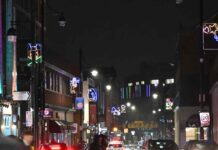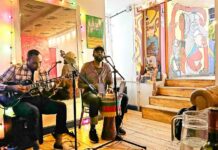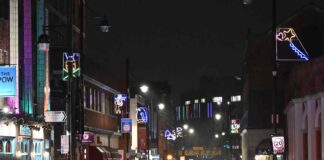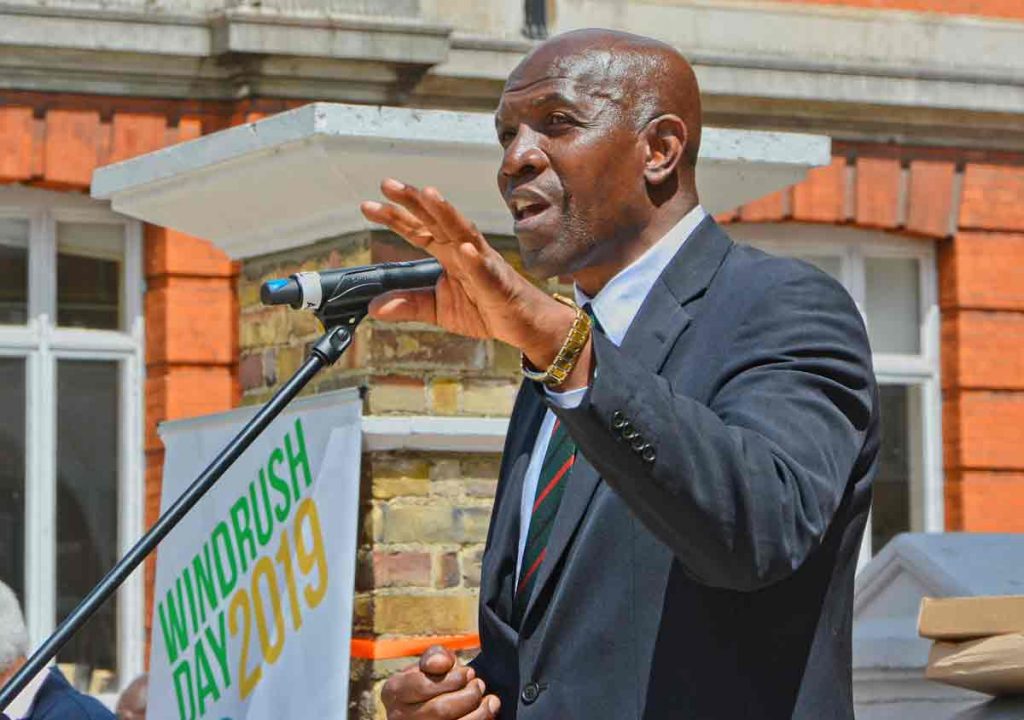
Brixton celebrated Windrush Day yesterday (22 June) with fun but also by remembering the past and present problems facing the Windrush Generation and its descendants.
“For me, this is a sad and a happy day,” businessman Vincent McBean, chairman of the West Indian Association of Service Personnel (WASP), told the audience at a ceremony in Windrush Square.
“Sad, because we are at the sharp end of some of the issues that servicemen still face to this day in terms of getting a stake in this country after completing their service.
“I have been in this country 58 years. I am 63 years of age. I have been in the Army seven years. I have been in action. I have come under fire; returned fire.
“And only last year, October to be precise, was I given a little letter from the Home Office to say I am a British citizen.
“That tells you what’s happening.
“When a veteran comes to us says they have no legal right to stay here, I have to ask these men, who are all on pension, to donate a couple of hundred quid to get the relevant legal advice to reverse this situation.”
He called on the audience to pay tribute to Caribbean veterans, saying “The recognition is not there – yet. We are having a fight that we will win at the end of the day.”
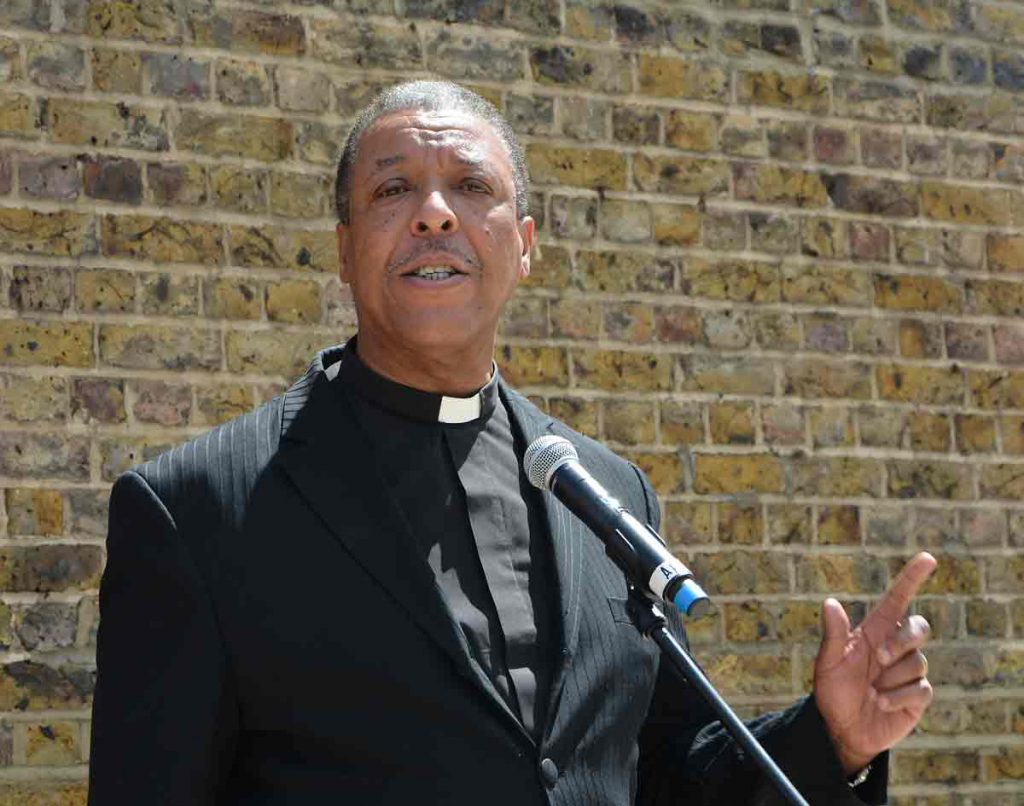
The Rev Michael King, of King of Kings Ministry in Croydon, who grew up in Herne Hill and had businesses in Brixton, is son of Sam King, who came to Britain on the Windrush, founded the Windrush Foundation and officially opened Windrush Square.
He said people who came on Windrush came at the invitation of the mother country to rebuild it “These were not economic migrants. These were people returning to rebuild the mother country after
The Windrush Generation also experienced discrimination in every area of life, including housing. They overcame this prejudice by becoming property owners – having a higher rate of home ownership than the indigenous population.
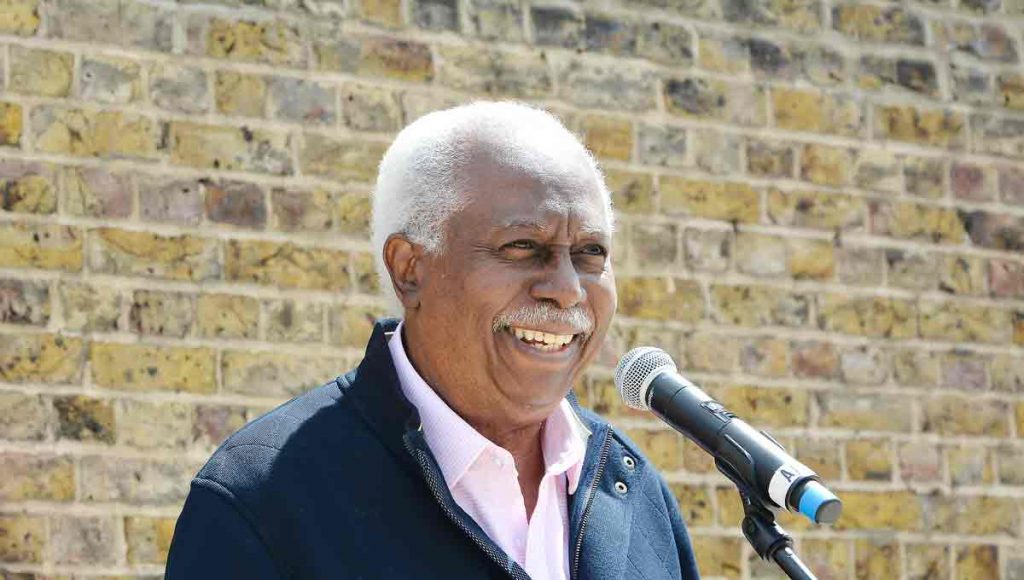
Hamley Case, the High Commissioner of Guyana in the UK, said the pride he felt at the military parade to Windrush Square was quickly overtaken by sadness – “Sadness at what it took us to get here, and for this day to be recognised”.
The docking of the Empire Windrush was the symbol of a moment when Britain changed for ever, “when the children of the empire reshaped the motherland”.
Without the contribution of that generation, “the welfare state could not have been built, believe me”. The NHS was the heartbeat of the post-war settlement and, even today, would crumble without staff from the former colonies, said Commissioner Case.
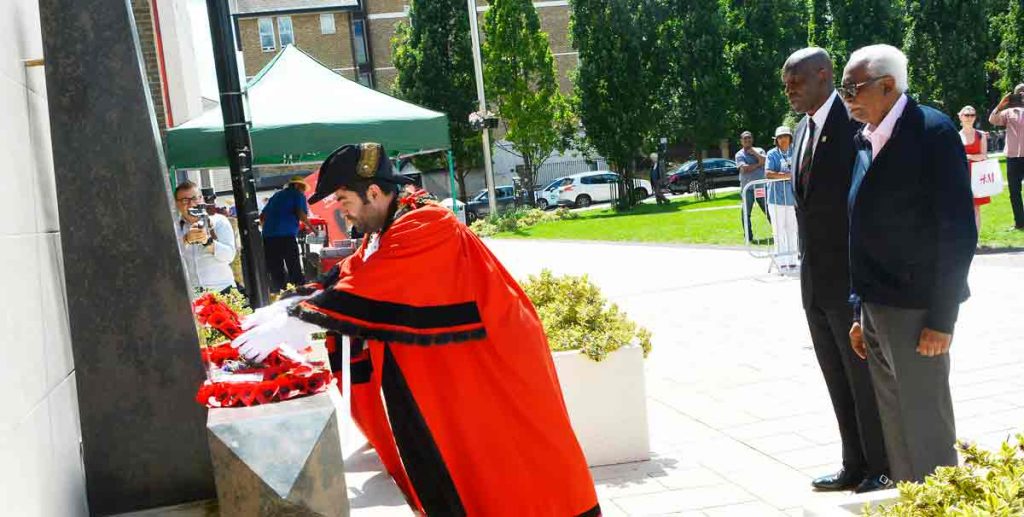
“Struggling through racism and adversity, poverty and prejudice, the Windrush Generation challenged public authorities and institutions to, at least, acknowledge their prejudice, and rose to become leaders in politics, the arts, public service and academia, among other spheres.”
The second and third Windrush generations need our help, said Commissioner Case. “Before our very eyes, they are being mistreated and marginalised. We must begin to own this problem by teaching them our values of patience, hard work, self-respect, self-preservation and love for ourselves and community.”
Children from two Lambeth schools, St Saviours in Herne Hill Road, Brixton, and Christ Church in Streatham joined others from Tottenham to perform Windrush Stories – organised by the Arts Bridge charity’s project.
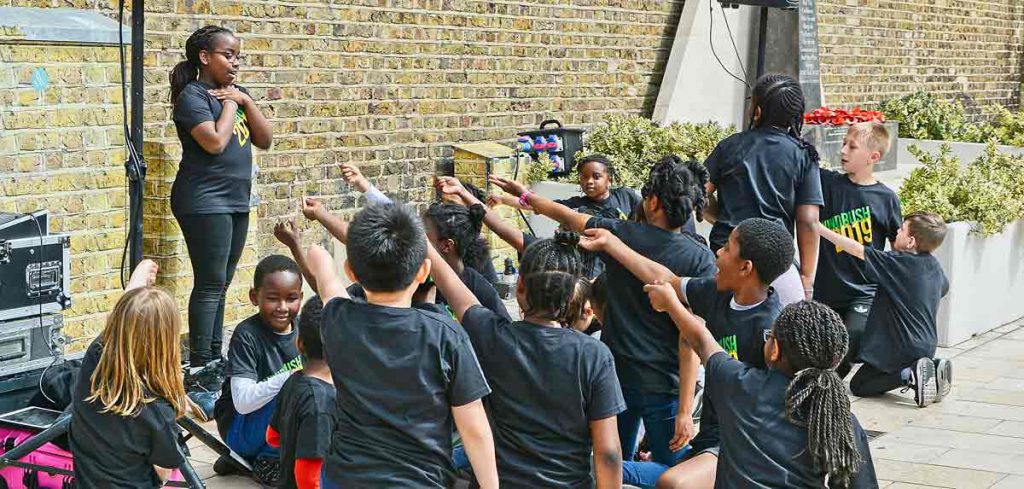
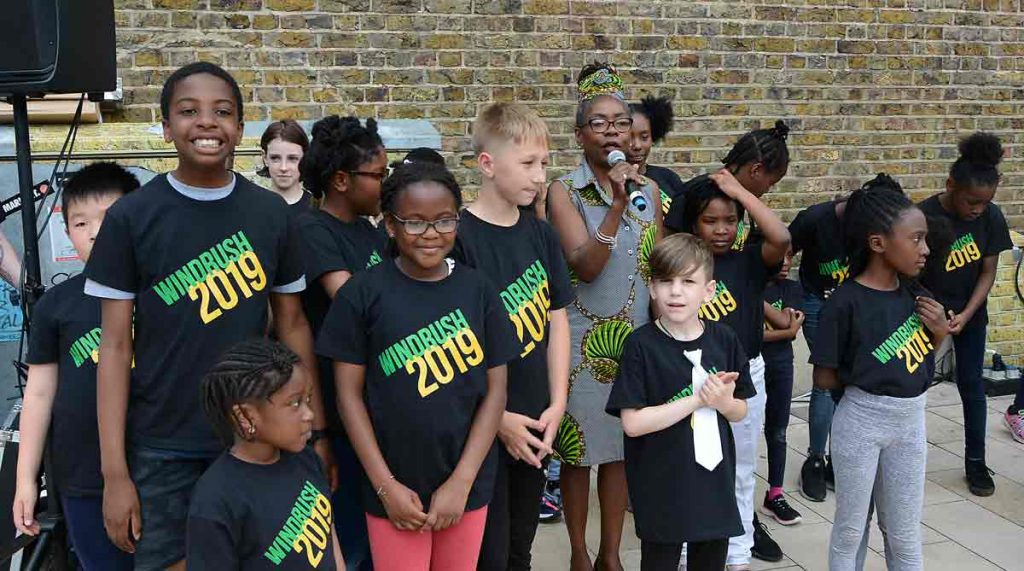
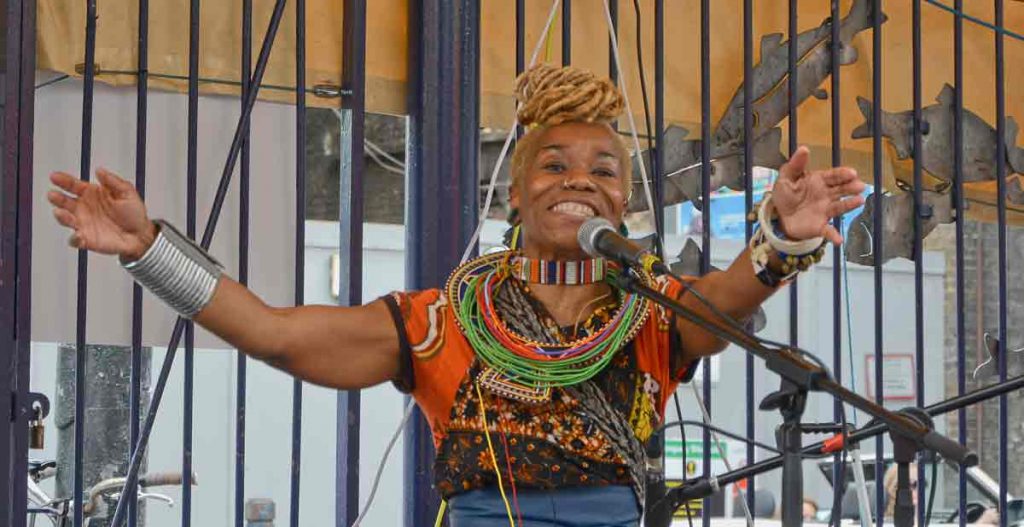
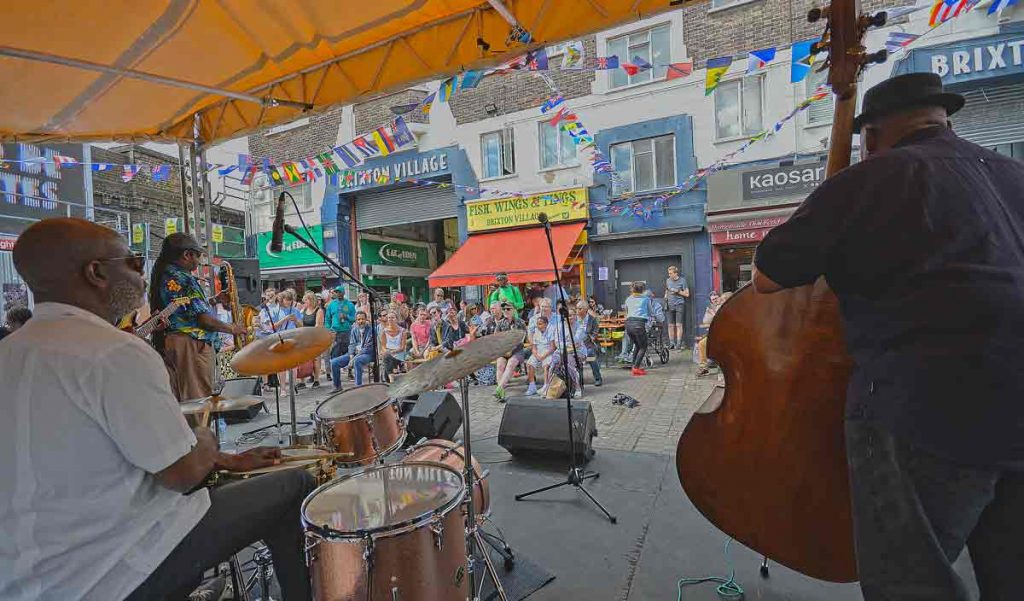
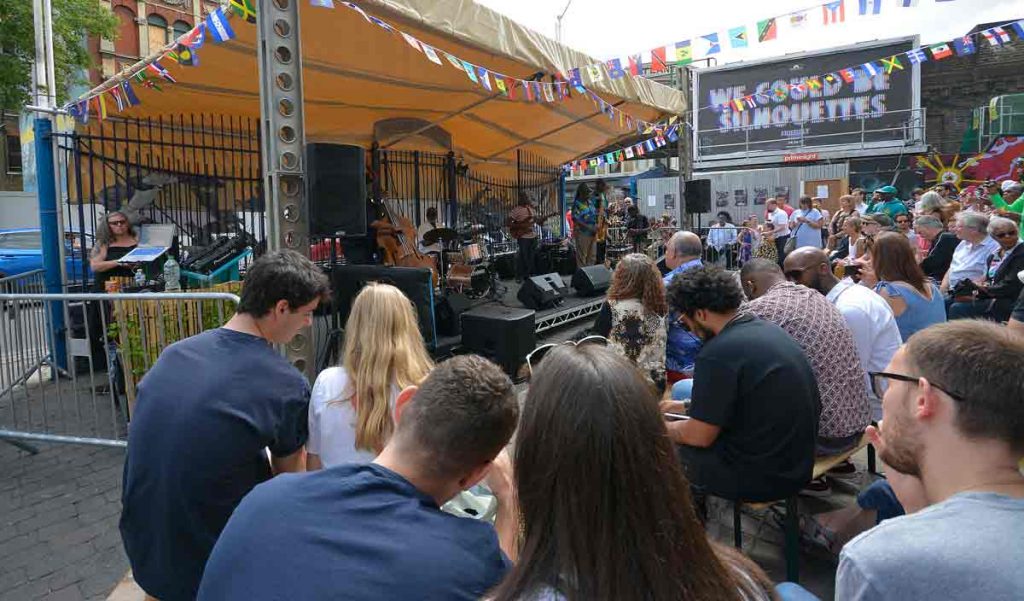
Elsewhere, there was music outside Brixton Village and a red carpet launch for the film Hero about Caribbean RAF veteran Ulric Cross.
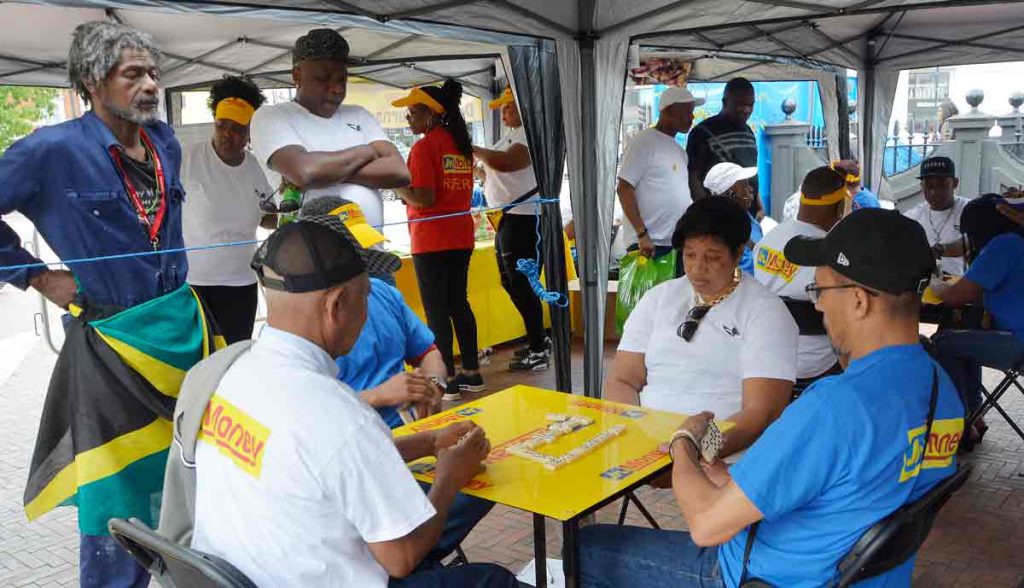
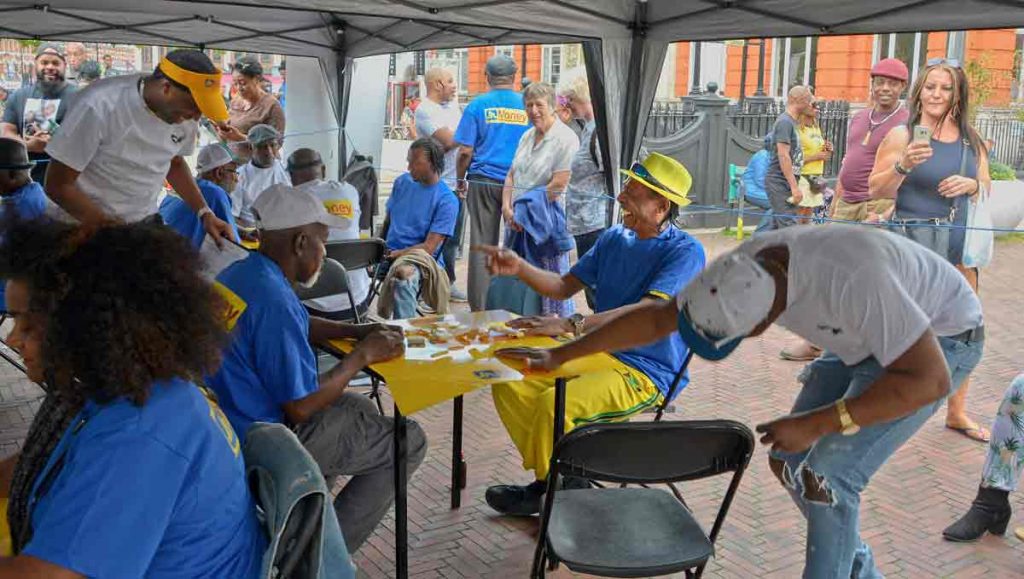
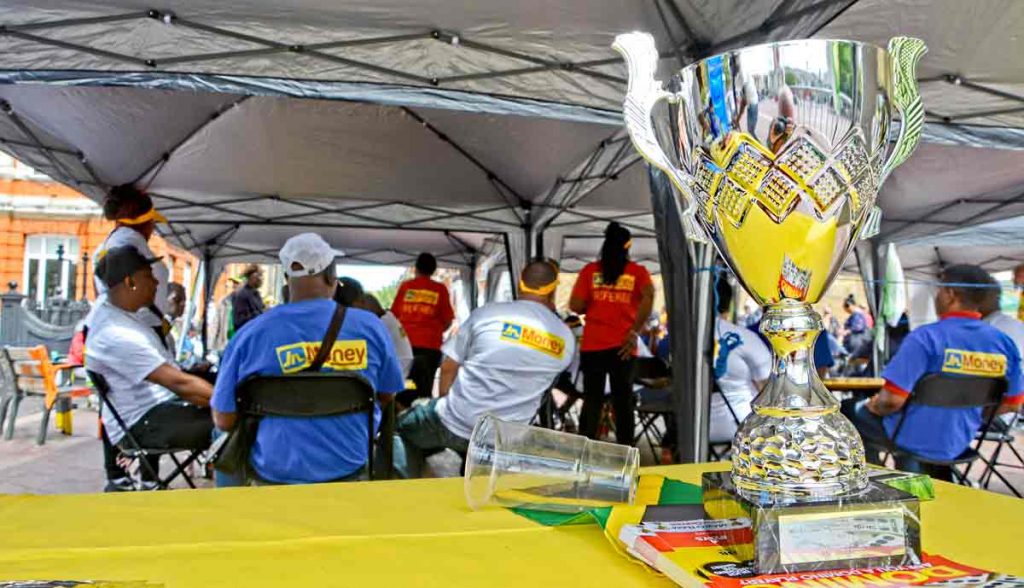
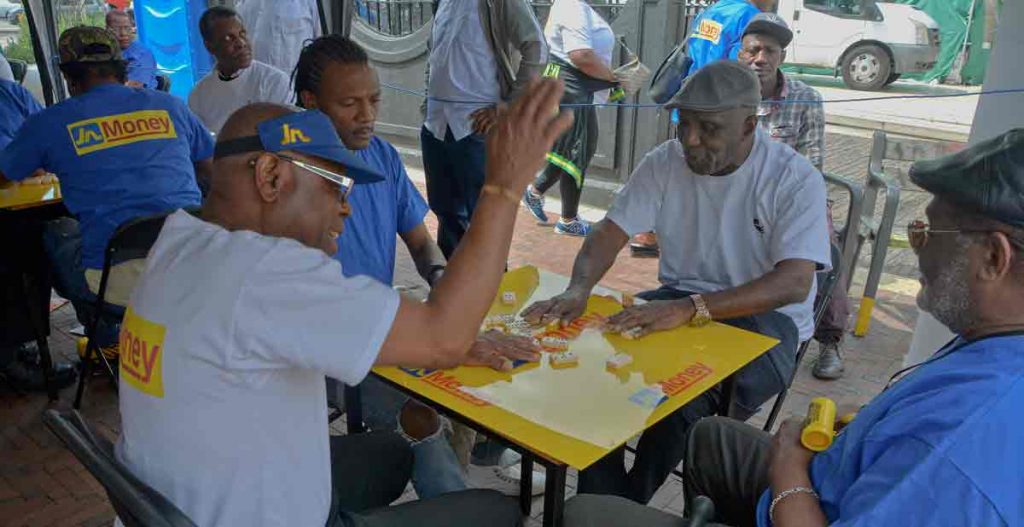
Brixton Domino Club, sponsored by Jamaica National Group organised a tournament in Windrush Square.

